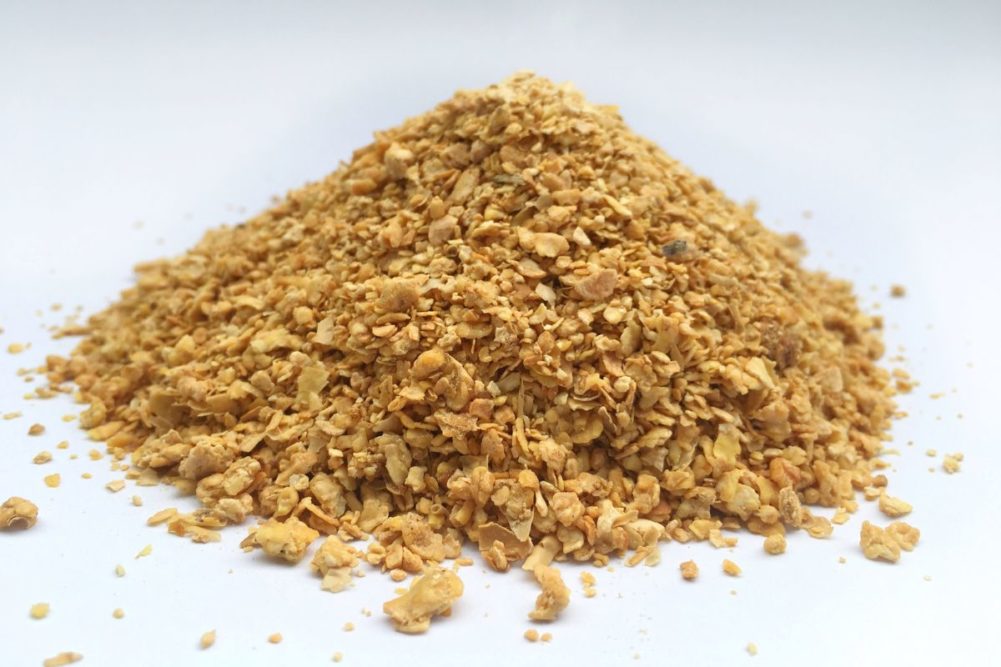SEOUL, SOUTH KOREA — South Korea is the third-leading market for US distiller’s dried grains with solubles (DDGS), and with room to grow seen, the US Grains Council (USGC) recently hosted a conference in Seoul with 90 research and development personnel and feed ingredient buyers from the South Korean feed industry.
Dr. Jerry Shurson of the University of Minnesota presented the latest nutritional information on US DDGS, examining the use of high-protein DDGS while emphasizing the environmental and biosafety benefits of DDGS. Dr. Jae-cheol Jang of Gyeongsang National University gave a presentation on US DDGS utilization and expansion opportunities in South Korea.
The USGC has been promoting the use of US DDGS in livestock and poultry rations since 2004 to expand the number of commercial feed manufacturers using the product. Its high protein level and favorable price spread has led to its use by most of the Asian nation’s feed millers. Use of US DDGS has grown steadily since 2015-16 when a little more than 750,000 tonnes was imported and has rebounded since the pandemic.
“The country imported 1.13 million metric tons (in 2022), bringing imports to pre-COVID levels,” said Haksoo Kim, USGC director in South Korea. “However, the Korea office believes there is room for an additional 400,000 metric tons of consumption expansion and continues efforts to provide the latest technical information and develop new feed markets, such as pet food and aquaculture, to increase the US DDGS inclusion ratios in the compound feed industry.”
While most compound feed millers in Korea have been using US DDGS, their average inclusion rates are lower than the recommended levels, so the council is working to increase DDGS inclusion rates to the recommended levels in animal diets.
“The council’s Korea office will invite US DDGS suppliers in the fall to offer one-on-one business meetings with Korean buyers and an opportunity to introduce new high protein products,” Kim said. “We look forward to the participation of many interested DDGS suppliers.”





